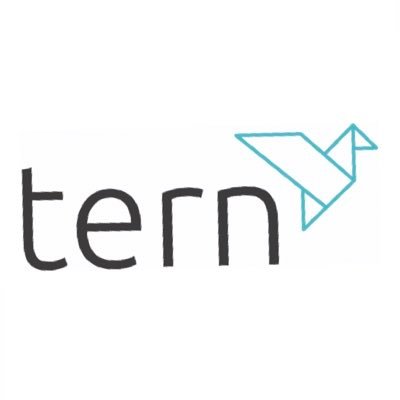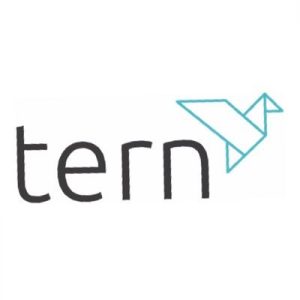The integration of IoT into industrial automation is reshaping the landscape of industries by improving efficiency, reducing costs, and enhancing safety. The ability to connect physical devices to the internet has revolutionised sectors such as manufacturing, energy, and mining by enabling real-time data processing and remote monitoring. Through IoT, smart devices are now facilitating seamless communication between machines, significantly boosting productivity.
Industries are leveraging IoT for key applications like smart manufacturing, predictive maintenance, and remote control. In smart manufacturing, companies are using sensors and robotics to streamline operations, optimise supply chains, and enhance energy management. This is exemplified by Toyota, which increased its productivity by 30% through IoT solutions. Predictive maintenance is another critical area where IoT excels. By identifying potential equipment failures before they occur, businesses avoid costly downtimes. General Electric, for example, has reduced its maintenance expenses by 20% through IoT-driven predictive maintenance systems.
Remote monitoring and control allow industries to oversee and manage equipment from afar, leading to better uptime, cost savings, and improved safety. In warehouses, IoT plays a significant role in automating processes and monitoring inventories in real time, which reduces human error and operational inefficiencies.
IoT’s real-time data analytics further enhance operational efficiency. With digital twins, which create virtual models of physical assets, companies can better monitor and optimise production processes. In terms of energy management, IoT solutions can reduce consumption by up to 20%, helping industries move toward sustainability goals by minimising waste and optimising resource use.
In addition to improving efficiency, IoT also elevates product quality through smart sensors and AI-driven analytics. For instance, GE’s Brilliant Factory uses IoT to detect defects early, leading to reduced scrap rates and higher production accuracy.
Several key technologies are driving IoT in automation. Smart sensors monitor equipment performance, edge computing enhances real-time data processing, and AI improves decision-making by analysing vast datasets autonomously. These technologies allow businesses to react quickly and efficiently, making IoT essential for modern industrial operations.
The benefits of IoT are clear: increased productivity, cost reductions, and improved safety. Siemens, for example, achieved a 40% productivity boost and a 25% reduction in energy consumption through IoT. In addition, interconnected devices help ensure workplace safety by monitoring conditions and detecting potential hazards in real time.
However, there are challenges to adopting IoT in industrial automation. Data security, integration with legacy systems, and scalability remain concerns. Solutions like edge computing, robust security protocols, and middleware help address these challenges, ensuring smooth integration and protection of sensitive data.
Looking to the future, trends such as 5G connectivity and digital twins promise to further revolutionise IoT automation. 5G offers faster data speeds and supports millions of connected devices, enhancing the effectiveness of IoT solutions. Digital twins, meanwhile, help industries simulate and optimise processes, leading to better resource management and higher efficiency. Sustainability is another significant driver, with IoT enabling industries to reduce their environmental impact through smarter energy usage and waste reduction.
The role of IoT in industrial automation is expanding, offering numerous advantages that range from enhanced efficiency to environmental sustainability. As new technologies emerge, industries will continue to benefit from the transformative power of IoT. The future holds exciting possibilities as IoT continues to drive industrial innovation.
Tern plc (LON:TERN) backs exciting, high growth IoT innovators in Europe. They provide support and create a genuinely collaborative environment for talented, well-motivated teams. Device Authority is focused on securing connected device ecosystems and is recognized as the global leader in Device Identity Lifecycle Management and Identity and Access Management (IAM) for the Internet of Things (IoT).


